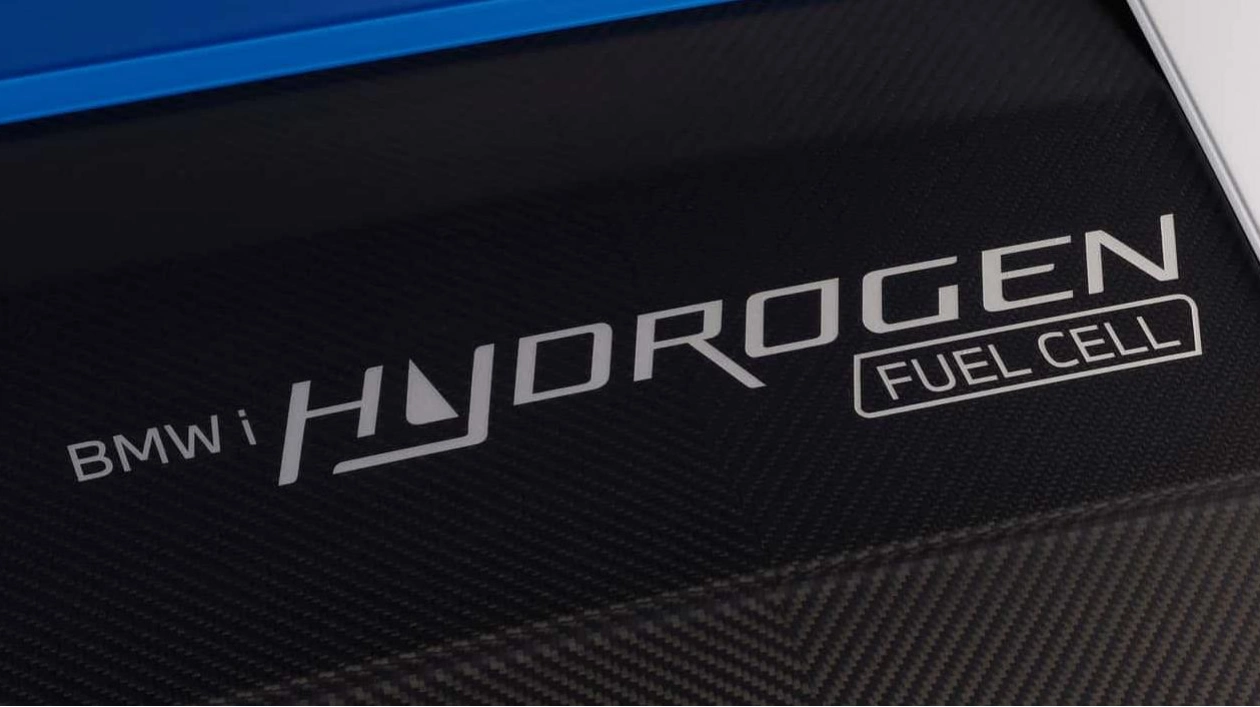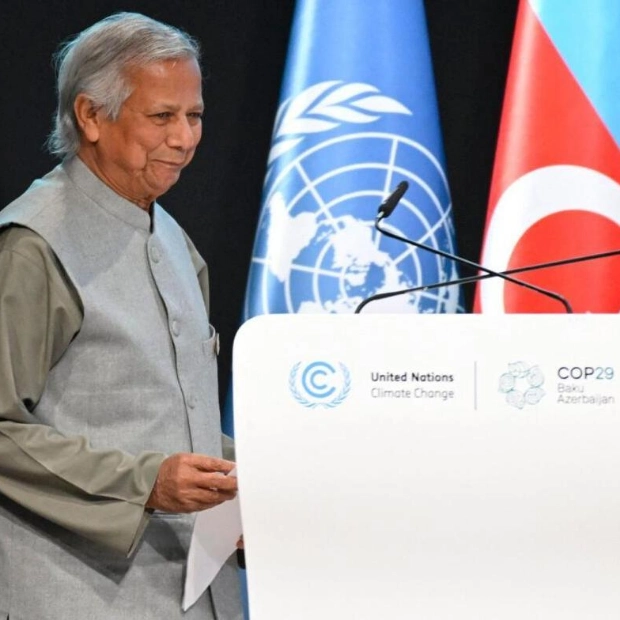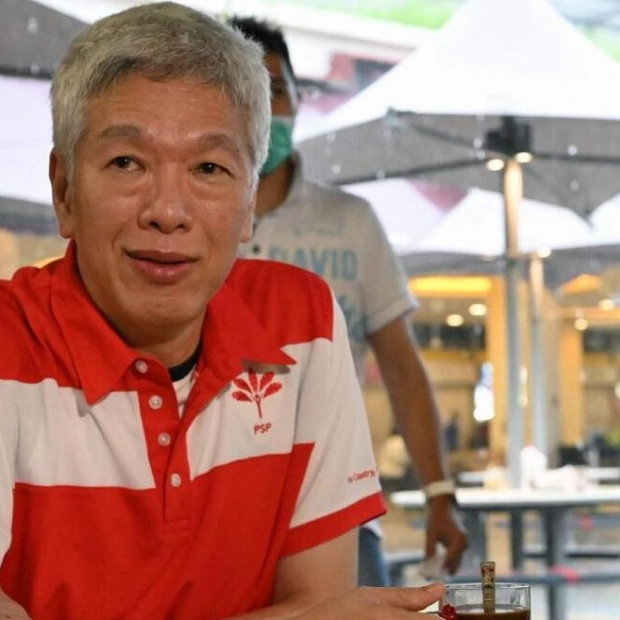BMW is gearing up to join the hydrogen vehicle market, with plans to introduce a fuel cell electric vehicle by 2028. To achieve this, the company is expanding its partnership with Toyota, one of the few automakers still committed to hydrogen technology. While Toyota has been selling the Mirai for a decade, BMW's hydrogen car will be its first available for purchase. Since the launch is still four years away, BMW is keeping details under wraps, but it has hinted that the hydrogen model will be based on an existing product, likely the X5. However, given the X5's current lifecycle stage, it's unlikely that the hydrogen SUV will be a production version of the iX5 currently in testing.
BMW promises an original product that reflects the brand's identity, rather than a rebranded Toyota. Toyota, meanwhile, is developing its own hydrogen vehicles using the fuel cell technology co-developed with BMW. The iX5 Hydrogen, part of a test fleet of fewer than 100 units, features 700-bar hydrogen tanks made from carbon fiber-reinforced plastic (CFRP), which hold six kilograms of hydrogen, providing a WLTP range of 313 miles. Refueling takes about three to four minutes, similar to a conventional gas or diesel X5.
If BMW's first hydrogen car is based on the next-generation X5, it will share the CLAR platform with its gas, diesel, and plug-in hybrid counterparts. There are rumors that BMW might also release a conventional EV on the same platform. The next X5 is expected to enter production in the second half of 2026, with BEV versions available from launch. BMW's Neue Klasse, set to debut next year, is the company's first dedicated electric architecture, though reports suggest that CLAR will be used for initial hydrogen efforts.
BMW's involvement in hydrogen car development dates back to 1979, starting with the 520h, which featured a combustion engine modified to run on hydrogen. This approach was later used in V-12-powered E38 and E65 sedans in the 2000s. However, BMW abandoned hydrogen internal combustion engines in favor of fuel cells, recognizing their greater efficiency. Jürgen Guldner, BMW's Vice President of Hydrogen Fuel Cell Technology and Vehicle Projects, highlighted the advantages of fuel cells, noting that the X5 Hydrogen FCEV can travel up to 500 km (310 miles) on a single fill, compared to less than 300 km (186 miles) for a combustion engine with the same tank.
One significant challenge remains: the lack of refueling infrastructure. This could limit the vehicle's availability to regions with existing hydrogen networks. BMW and Toyota are working on collaborative initiatives to improve hydrogen infrastructure, but progress may take time. By 2028, the situation could improve, but for now, the hydrogen X5's market will likely be restricted to select regions.






